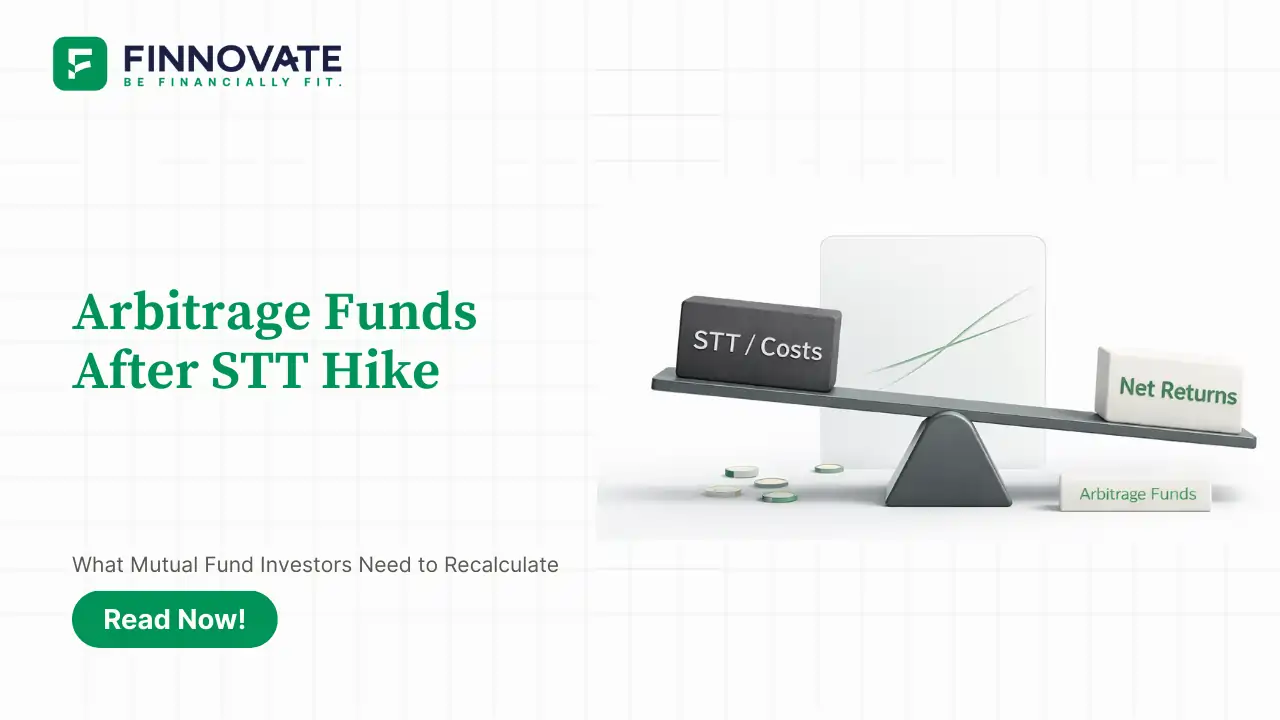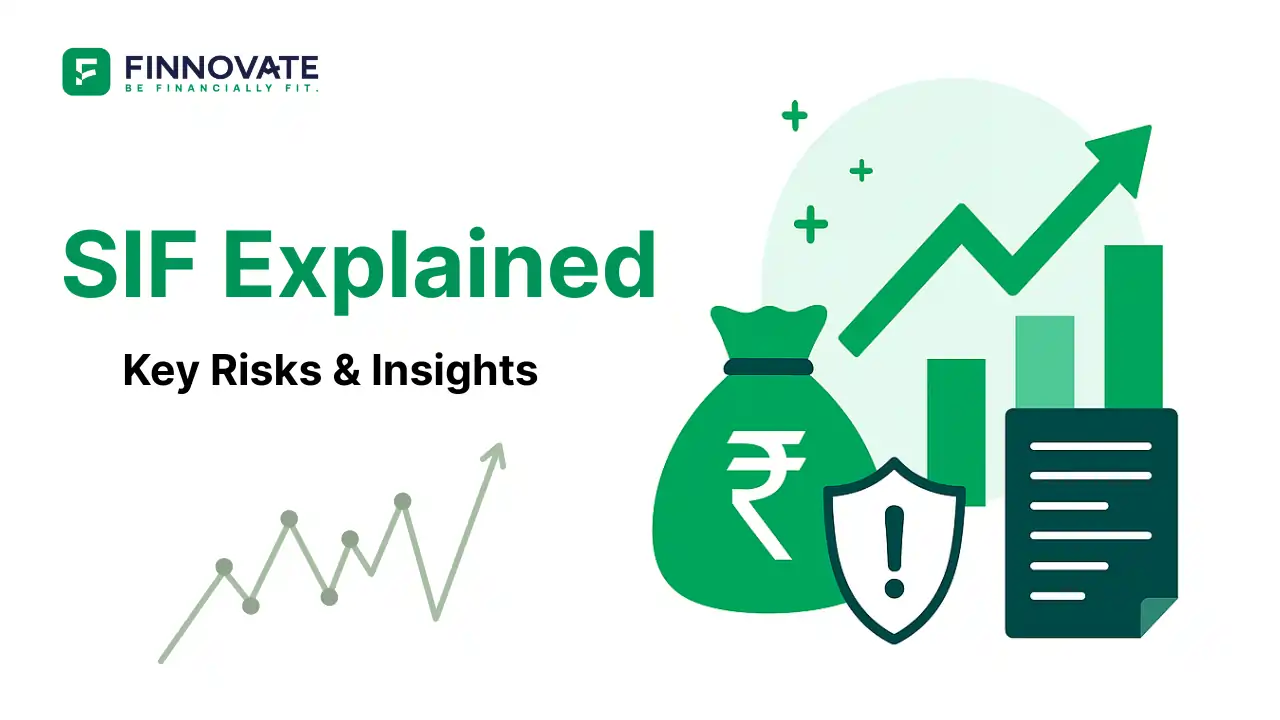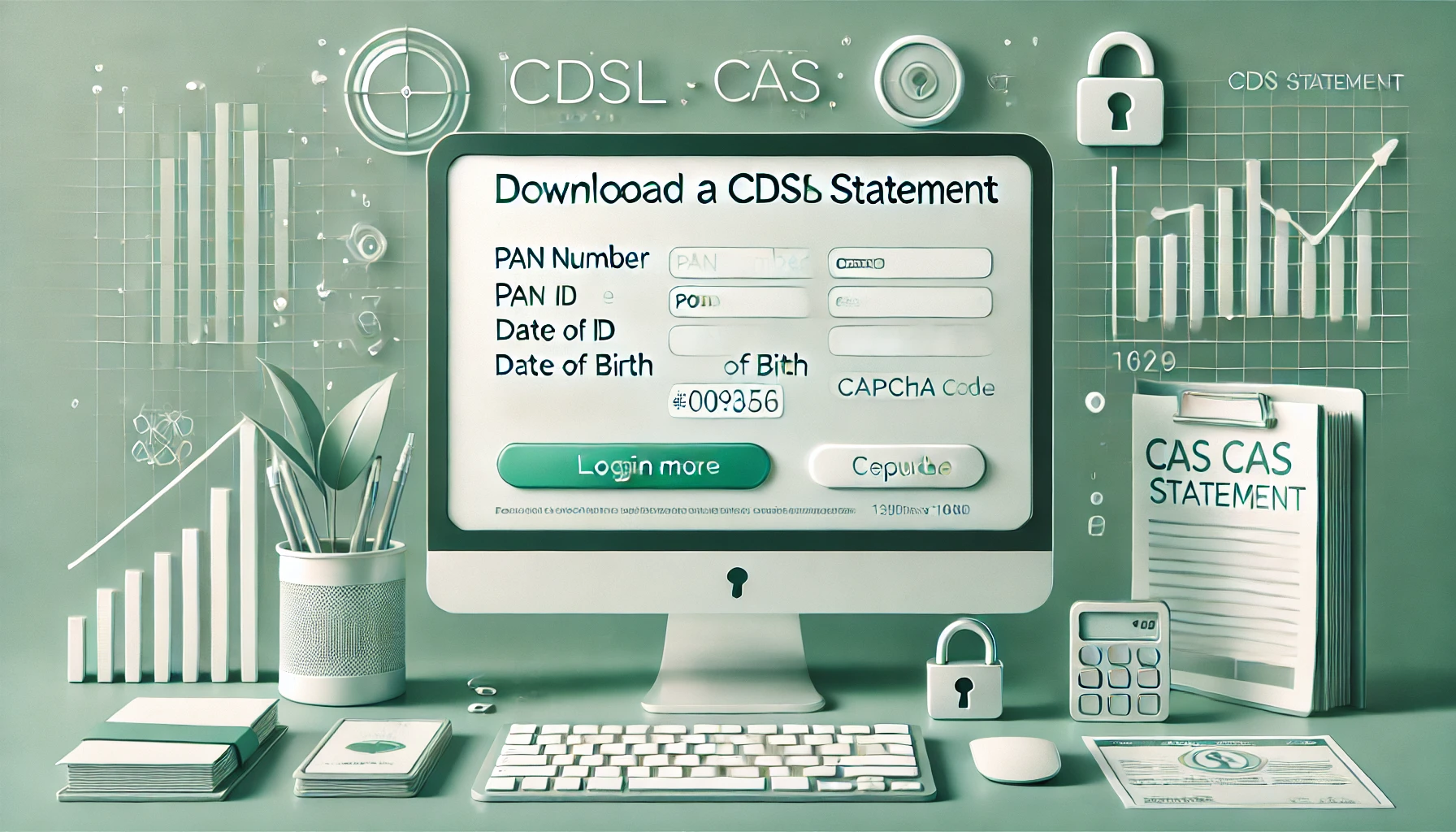
Arbitrage Funds After Budget 2026 STT Hike: What Changes and What You Should Do
Budget 2026 raised futures STT. Arbitrage fund returns may dip and move closer to liquid f...
Multi asset funds are becoming increasingly popular among Indian investors especially for those who want a balanced approach to investing without tracking multiple funds. This guide explains everything you need to know about them in simple terms.
A multi asset fund is a type of mutual fund that invests in a mix of different asset classes typically equity (stocks), debt (bonds), and gold. Some funds may also include other assets like REITs (real estate investment trusts), silver, or cash equivalents.
The idea is simple: instead of putting all your money in one type of investment, a multi asset fund spreads it across multiple asset types to balance growth, stability, and protection.
According to SEBI (Securities and Exchange Board of India), a multi asset allocation fund must invest in at least three different asset classes, and each of these must form at least 10% of the portfolio. This rule ensures true diversification - not just on paper, but in actual allocation.
Think of it like a well-balanced thali - equity gives you the spice (growth), debt provides the staple (stability), and gold adds that touch of flavour (protection against inflation). Together, they create a more balanced investing experience.
Multi asset funds are actively managed by professional fund managers who decide how much to invest in each asset class and when to rebalance the mix based on market conditions or predefined rules.
There are two common approaches these funds follow:
Some multi asset funds use a fixed formula, for example, 50% equity, 30% debt, 20% gold and periodically rebalance the portfolio to maintain that ratio. This helps avoid emotional investing decisions and keeps the portfolio disciplined.
Other funds leave room for the fund manager to shift allocations more freely. For instance, if equity markets are overheated, they might reduce equity exposure and move into debt or gold. This allows for more responsive moves but it also depends on the manager’s skill.
Here’s an important advantage: most multi asset funds are structured to qualify as “equity-oriented” for tax purposes.To do this, they often maintain at least 65% of the portfolio in equity and arbitrage positions. This makes them eligible for the same tax benefits as equity mutual funds:
This makes them more tax-efficient than debt funds where gains are taxed at your income tax slab rate.
Multi asset funds are designed to reduce stress for investors especially during unpredictable market cycles. By blending different types of investments into one fund, they offer several advantages that make them appealing for both beginners and cautious investors.
Instead of choosing separate equity, debt, and gold funds, you get a ready-made mix in one single product. This helps spread risk and smoothens returns across different market conditions.
For example, when equity markets are volatile, gold or bonds in the portfolio may cushion the impact - helping reduce overall portfolio swings.
Since a part of the fund is invested in more stable assets like debt or gold, the ups and downs are milder compared to a pure equity mutual fund. This makes it ideal for investors who want moderate but steady returns over time.
Multi asset funds automatically adjust the asset mix (either rule-based or through manager discretion). You don’t have to worry about shifting your money from one fund to another - it’s all handled internally.
As covered earlier, many of these funds qualify for equity taxation, even though they include gold and debt.
This is made possible through clever use of arbitrage strategies that keep the equity portion (including hedged positions) above 65%.
Multi asset funds do not promise fixed returns. Like any market-linked investment, their performance depends on how each asset class behaves over time - and how smartly the fund manager adjusts the mix.
Still, looking at historical trends can give a general idea of what to expect.
As of June 2025, the multi-asset allocation category (across AMCs) has shown the following average trailing returns:
| Time Period | Average Category Return |
|---|---|
| 1 Year | ~10–12% |
| 3 Years | ~16-18% CAGR |
| 5 Years | ~20% CAGR |
Source: Advisorkhoj.com
These numbers are based on a blend of equities (which may perform well), debt (which may stay flat), and gold (which often spikes during uncertainty).
Key Takeaway: (Data as on 09 July, 2025) Past performance shows that multi asset funds can deliver decent long-term growth, especially when markets are choppy. But they won’t beat equity-only funds in a rising bull market - and that’s okay, because their role is to offer balance, not maximum upside.
While multi asset funds offer many benefits, they are not risk-free. Like any investment, they have their limitations and it’s important to understand these before investing.
Just because the fund holds equity, debt, and gold doesn’t mean one will always save the day. Sometimes, all asset classes may underperform together especially during major economic slowdowns.
Example: In 2020, global uncertainty led to a brief fall in stocks, gold, and REITs, showing that diversification isn’t a magic shield.
Not all underlying assets in a multi asset fund are easily tradable. REITs and some long-term bonds can be illiquid, especially during crises. If many investors exit the fund suddenly, the manager may struggle to sell these quickly without impacting value.
Because of the multiple asset classes and active management, multi asset funds often have higher expense ratios than index or passive funds. Even a 0.5–1% difference can impact your long-term compounding.
Performance charts from the past may look great but they’re often built on unique market phases (e.g. gold rallies or equity booms).
According to ET Wealth, during the October 2024 to April 2025 correction, multi asset funds fell by ~6.7%, even though they were marketed as balanced options. This proves they are not immune to market downturns.
Multi asset funds aren’t for everyone but for the right investor, they can be a smart addition to a long-term portfolio. Here’s who may benefit most:
If you're new to investing and unsure how to build a balanced portfolio, a multi asset fund can act as a starter pack - offering exposure to equity, debt, and gold in one shot. You don’t need to pick and monitor separate funds - the fund manager does the rebalancing for you.
These funds may suit those who don’t want full equity exposure, but still want better returns than a fixed deposit or debt fund.
The presence of non-equity assets offers a buffer during market corrections.
If you’re planning to invest monthly for long term, a multi asset fund can offer smoother compounding compared to pure equity SIPs, which may face more volatility. It’s not about chasing the highest return - it’s about staying invested consistently without panic.
If you're someone who doesn’t want to track equity, debt, gold separately or doesn’t understand when to switch, this fund offers automatic asset allocation in a single place.
Multi asset funds fall under the broader category of hybrid mutual funds, but they aren’t the only option available. Let’s look at how they compare to two other popular hybrid categories: Balanced Advantage Funds and Equity Hybrid Funds.
| Fund Type | Asset Allocation | Rebalancing Style | Best For |
|---|---|---|---|
| Multi Asset Fund | Equity, Debt, Gold (3+ assets) | Rule-based or Active | Diversification in a single fund |
| Balanced Advantage Fund | Dynamic Equity + Debt | Fund manager discretion | Active risk management |
| Equity Hybrid Fund | ~65–80% Equity + Remaining Debt | Mostly static | Tax-efficient equity exposure |
Think of multi asset funds as diversified, automated, and long-term focused; ideal for someone who wants balance without micromanaging.
| Term | Simple Explanation |
|---|---|
| Asset Class | A type of investment such as equity (stocks), debt (bonds), gold, or real estate. |
| REITs | Real Estate Investment Trusts, funds that invest in income-generating commercial properties like malls, offices, or warehouses. |
| Arbitrage | Buying and selling the same asset in different markets to earn a risk-free profit. Used by some funds to qualify for equity taxation. |
| Rebalancing | Adjusting how much is invested in each asset class to stay aligned with the fund’s strategy. |
| CAGR | Compound Annual Growth Rate, the average yearly return your investment has earned over time. |
Multi asset funds offer a balanced, one-stop investment option for those who want diversification without the hassle of managing multiple funds. They won’t always deliver the highest returns but that’s not their job. Their real value lies in reducing volatility, offering tax efficiency, and giving investors a smoother long-term journey.
Use them as part of your overall strategy - not a replacement for goal-based planning.
Want to know if a multi asset fund fits your financial plan? Let our experts walk you through it. book a quick call and get clarity on how it fits into your goals.
Book Your Free CallDisclaimer: This article is for educational purposes only and does not constitute investment advice or a recommendation to invest in any specific mutual fund scheme.
Popular now

Learn how to easily download your NSDL CAS Statement in PDF format with our step-by-step g...

Explore what Specialised Investment Funds (SIFs) are, their benefits, taxation, minimum in...

Learn How to Download Your CDSL CAS Statement with our step-by-step guide. Easy instructio...

Looking for the best financial freedom books? Here’s a handpicked 2026 reading list with...